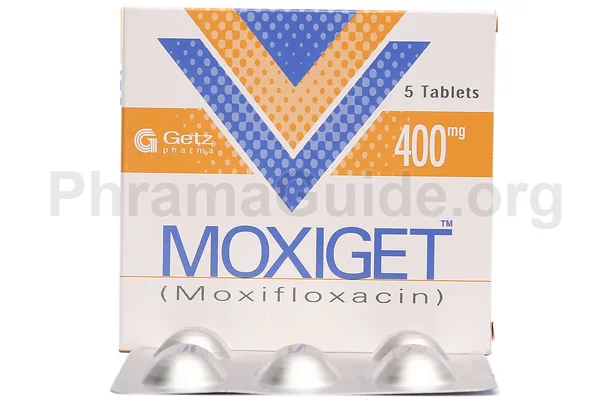Moxiget is a broad-spectrum antibiotic that belongs to the fluoroquinolone class of antibiotics. It is used to treat various bacterial infections. Like all medications, Moxiget can have side effects, which can be common, less common, or rare.
Common Side Effects
- Gastrointestinal Issues: The most common side effects of Moxiget are related to the digestive system and can include nausea, vomiting, diarrhea, and stomach pain.
- Central Nervous System (CNS) Symptoms: Some people may experience headache, dizziness, or lightheadedness with Moxiget.
- Changes in Taste: An altered or metallic taste in the mouth is another common side effect associated with Moxiget.
- Skin Reactions: Skin reactions, such as rash or itching, can occur in some individuals while taking Moxiget.
- Digestive Disturbances: Moxiget may lead to an upset stomach, flatulence, or constipation.
- Insomnia: Difficulty sleeping may be reported by some users with Moxiget.
Less Common Side Effects
- Cardiovascular Effects: Rarely, Moxiget may cause changes in heart rate or rhythm, leading to palpitations. It can also result in low blood pressure (hypotension).
- Central Nervous System (CNS) Effects: Less common side effects can include nervousness, confusion, or mood changes.
- Musculoskeletal Issues: Some individuals may experience muscle or joint pain while taking Moxiget.
- Vision Changes: Moxiget has been associated with changes in vision, such as blurred vision, eye pain, or sensitivity to light.
- Liver Function Abnormalities: In rare cases, Moxiget may lead to liver function abnormalities, which can result in jaundice (yellowing of the skin and eyes), dark urine, or abdominal pain.
- Photosensitivity: Moxiget can make your skin more sensitive to sunlight, leading to sunburn more easily. It’s important to use sun protection while taking Moxiget.
- Allergic Reactions: While extremely rare, some individuals may experience severe allergic reactions with symptoms like hives, swelling, or difficulty breathing. If this occurs, seek immediate medical attention.

What is Moxiget?
Moxiget is one of the leading brands of Moxifloxacin, manufactured and marketed by Getz Pharmaceuticals, Pakistan.
Moxiget : Available Formulations and Strengths
Presently, Moxiget is available in Tablet and Infusion Forms
Moxiget Tablet : 400mg strength
Moxiget Infusion : 400mg/250ml strength
What Are The Possible Drug Interactions of Moxiget?
- Antacids, Iron, Zinc, and Multivitamins with Minerals: Moxiget should not be taken with antacids, iron supplements, zinc supplements, or multivitamins that contain minerals. These products can bind to Moxiget in the stomach and reduce its absorption, making it less effective. To avoid this interaction, take Moxiget at least 4 hours before or 8 hours after these products.
- Other Antibiotics: Combining Moxiget with other antibiotics, especially those from the fluoroquinolone class, can increase the risk of side effects and potential additive adverse effects.
- Corticosteroids: Combining Moxiget with corticosteroids may increase the risk of tendon problems. This combination should be used with caution, especially in individuals with a history of tendon disorders.
- NSAIDs (Nonsteroidal Anti-Inflammatory Drugs): Moxiget can interact with NSAIDs, potentially increasing the risk of central nervous system (CNS) side effects, including seizures.
- Theophylline: Moxiget can increase blood levels of theophylline, a medication used to treat lung conditions, potentially leading to theophylline toxicity. Close monitoring is required if these medications are used together.
- Antiarrhythmic Medications: Combining Moxiget with certain antiarrhythmic medications (e.g., quinidine, amiodarone) can increase the risk of irregular heart rhythms (arrhythmias). It is essential to use these medications together only under close medical supervision.
- Medications that Prolong QT Interval: Moxiget itself can prolong the QT interval on an electrocardiogram (ECG). Combining it with other medications that also prolong the QT interval (e.g., certain antipsychotics, and some antidepressants) can further increase the risk of serious heart rhythm abnormalities.
- Warfarin and Other Anticoagulants: Moxiget can interact with anticoagulant medications like warfarin, affecting blood clotting. Close monitoring of clotting times is necessary when using these drugs together.
- Cimetidine: Cimetidine, an acid-reducing medication, can increase the blood levels of Moxiget, potentially leading to an increased risk of side effects. It’s best to use these medications with caution.

Leave A Comment